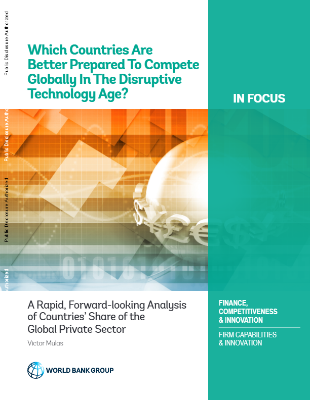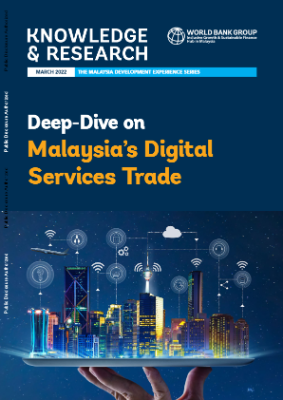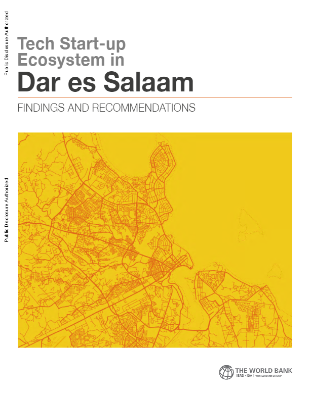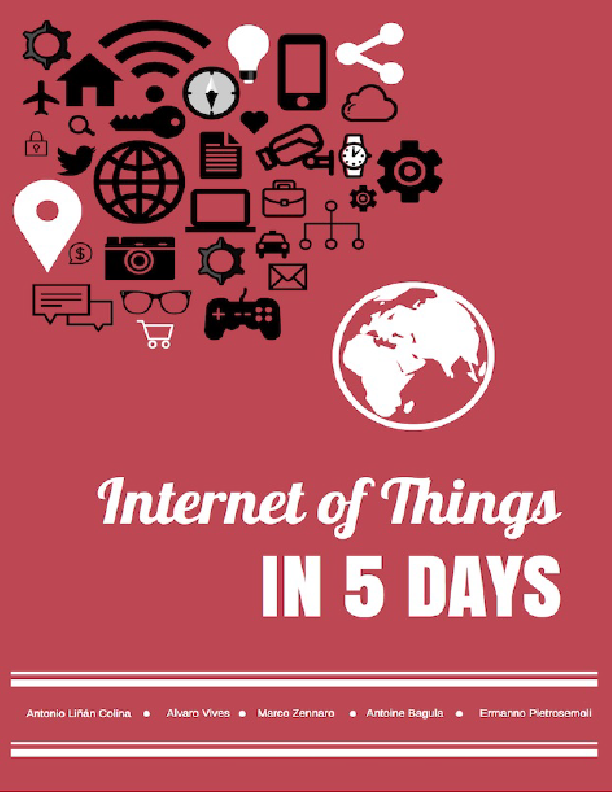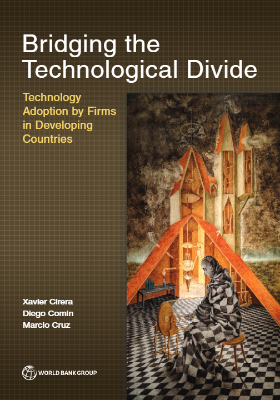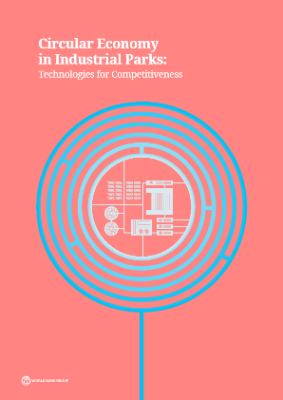Global Private Sector Transformation: Traditional Multinational Corporations and Technology Platforms
As technology transforms the global economy and as technology leads to the fourth industrial revolution, new sectors and markets are being created while traditional ones are disrupted. This global transformation will have implications for firms and workers who will need to adapt their businesses and skills to the paradigms of the new market. Ultimately, this process will have structural implications for countries, and their private sector competitiveness will be altered by disruptions and reallocations of firms and resources during this global readjustment process.
The global market, where multinational corporations (MNCs) operate, is already witnessing the disruptive effects of technology. Traditional MNCs and large domestic corporations are being disrupted by new technology platforms such as Google, Facebook, and Amazon, which are competing globally by leveraging zero marginal costs and winner-takes-all dynamics. As goods and services are increasingly digitized, technology global platforms are extending their reach to more sectors beyond established technology industries. Those sectors include transportation and hospitality (Uber and Airbnb, for example). Most of those global platforms are newly created technology firms, many of which are technology-enabled Unicorns (that is, new technology-enabled companies with a private valuation of more than $1 billion) and their Exits (that is, new technology-enabled companies that achieve a valuation of more than $1 billion through an initial public offering, merger or acquisition).2 In this context, what is required to successfully compete globally is to change from traditional MNC business models to those of global technology platforms.3 Hence, countries that generate and retain more technology global platforms and firms that are operating in such an environment will likely gain a larger share in the new global private sector.
This note provides an approximation of a forward looking analysis of the ability of countries to generate and retain firms that compete in the global market. The analysis first assesses two sets of countries: (a) the ones with traditional MNCs and (b) those with technology-enabled Unicorns (including those exited through an initial public offering, merger, or acquisition). The first group of countries is home to traditional MNCs that have been competing internationally in the global market. Here, the term “traditional” describes companies that do not operate under technology platforms or other technology-based business models. To date, countries with traditional MNCs have been enjoying a larger share of the global market. The second group of countries consists of host technology-enabled Unicorns, the firms that are able to compete globally with technology platform business models. The analysis assumes that a country’s ability to originate and retain those unicorns is a leading indicator of its ability to generate the future global private sector. Each country’s share of company values ($) is then compared among traditional MNCs only (today’s global private sector) and among technology enabled Unicorns only (the future global private sector). The difference between the two ratios provides a measurement of each country’s gap (positive or negative) relative to the country’s predicted capacity to generate growth in the future global private sector. As a final step, the analysis examines each country’s recent GDP growth to test the forward-looking gap measurements.
